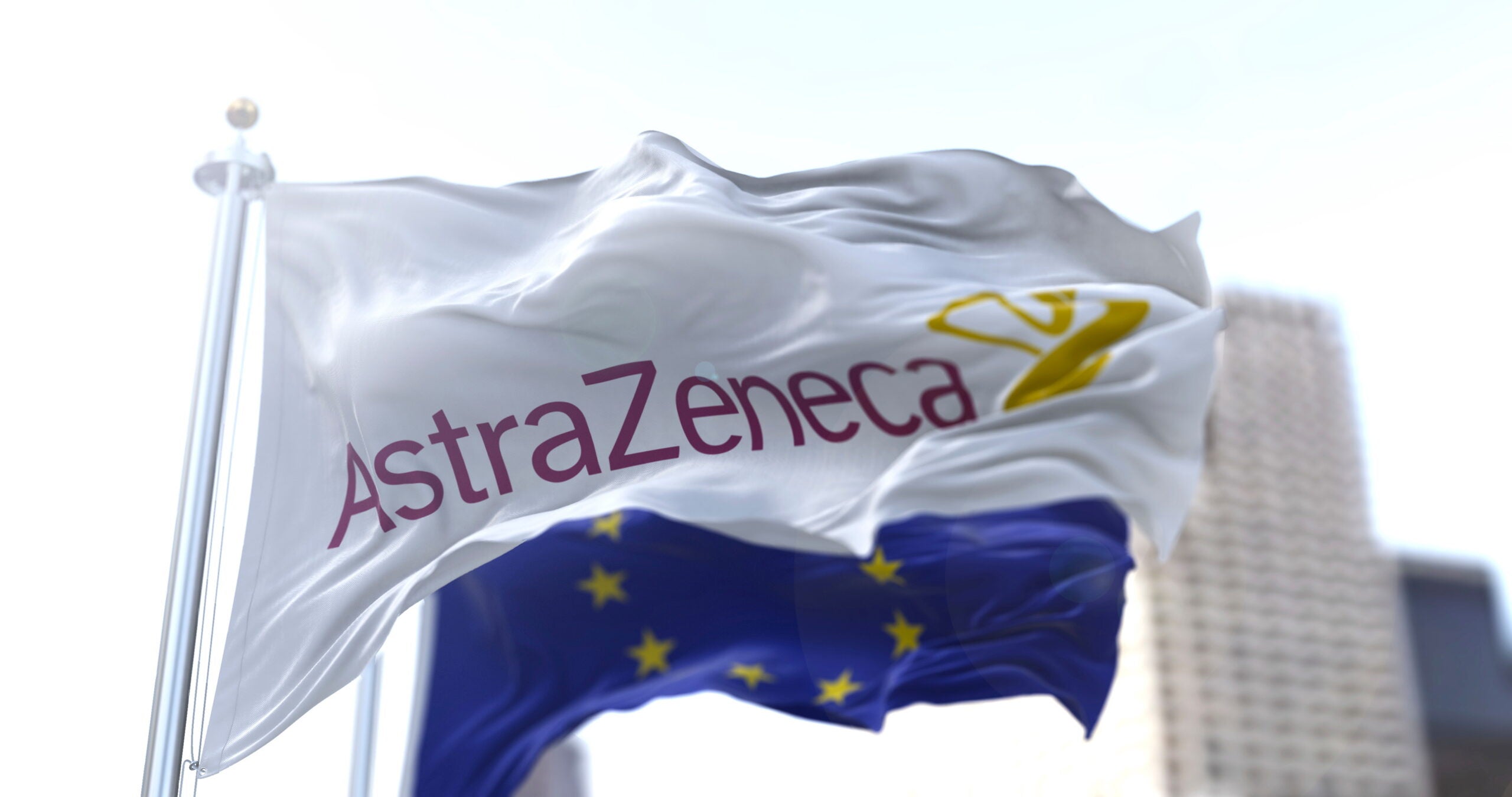
The European Medicines Agency (EMA) has concluded that the AstraZeneca/Oxford University Covid-19 vaccine is “safe and effective” after an investigation into a potential link between the vaccine and blood clots in a small number of patients.
After a special meeting of the EMA’s Pharmacovigilance Risk Assessment Committee (PRAC) on Thursday, EMA executive director Emer Cooke told reporters the vaccine “is not associated with an increase in the overall risk of thrombotic events or blood clots”, as reported by BBC News.

Discover B2B Marketing That Performs
Combine business intelligence and editorial excellence to reach engaged professionals across 36 leading media platforms.
Emer warned that the committee could not definitively rule out a link between the vaccine and a small number of “rare and unusual but very serious clotting disorders”.
PRAC has recommended promoting awareness of these potential risks and updating the vaccine’s safety information. Further investigations are being launched to continue to assess whether there is a causal link between the AZ vaccine and the thrombotic events.
Various European countries – including France, Germany, Italy, Denmark, Austria, Spain and Norway, among others – have temporarily paused their rollouts of the AZ vaccine while the potential link has been investigated.
Other countries in Europe, including the Czech Republic, Poland and Belgium, have chosen to continue vaccinating using the AZ jab, and the EMA recommended that the benefits of the shot still outweighed the risks while the investigation was ongoing. The World Health Organization has urged countries to continue rolling out the AZ vaccine.

US Tariffs are shifting - will you react or anticipate?
Don’t let policy changes catch you off guard. Stay proactive with real-time data and expert analysis.
By GlobalDataThe suspension of rollouts was in response to reports of blood clotting events such as deep vein thrombosis, pulmonary embolism and thrombocytopenia in a small number of vaccinated people.
Several countries, such as Germany, Denmark and Norway, have raised specific concerns over highly unusual disease patterns in thrombotic events among a small number of hospitalised patients, including low platelet counts and clots in both small and large blood vessels. Several of these patients have died.
A team at Oslo University Hospital in Norway has been investigating a hypothesis that these rare events are caused by an immune response to the AZ vaccine.
“Our findings support the early theory that the patients had a strong immune response, which led to antibody creation which can ignite blood platelets and cause a thrombosis,” lead physician Pål Andre Holme told The Washington Post.
On 14 March, AZ responded to the reported link, saying 15 events of deep vein thrombosis and 22 events of pulmonary embolism had been reported across the UK and EU, out of a total of 17 million people who had taken the vaccine – a similar rate to those observed in other approved Covid-19 vaccines.
“The number of cases of blood clots reported in this group is lower than the hundreds of cases that would be expected among the general population,” said AZ chief medical officer Ann Taylor. “The nature of the pandemic has led to increased attention in individual cases and we are going beyond the standard practices for safety monitoring of licensed medicines in reporting vaccine events, to ensure public safety.”
The pause in the AZ vaccine rollout is ill-timed for Europe as the continent struggles to accelerate vaccination programmes and stands on the precipice of a third wave of spiking Covid-19 cases, including more-transmissible coronavirus variants first identified in the UK, South Africa and Brazil.
In an interview with the BBC, University of Birmingham drug safety researcher Dr Anthony Cox described the AZ vaccine pause as “a cascade of bad decision-making that’s spread across Europe” and is “damaging confidence in a vaccine that saves lives”.




